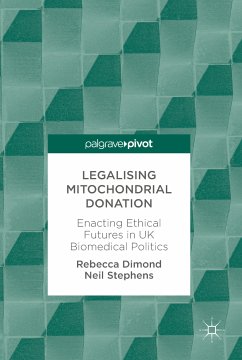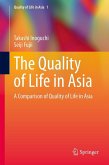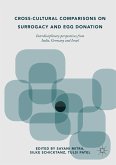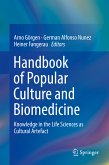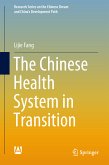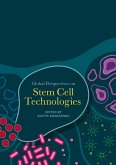In 2015 the UK became the first country in the world to legalise mitochondrial donation, a controversial germ line reproductive technology to prevent the transmission of mitochondrial disease. Dimond and Stephens track the intense period of scientific and ethical review, public consultation and parliamentary debates preceeding the decision. They draw on stakeholder accounts and public documents to explore how patients, professionals, institutions and publics mobilised within 'for' and 'against' clusters, engaging in extensive promissory, emotional, bureaucratic, ethical, embodied and clinical labour to justify competing visions of an ethical future. They describe how this decision is the latest iteration of a UK sociotechnical imaginary in which the further liberalization of human embryo research and use is rendered legitimate and ethical through modes of consultation and permissive but strictly regulated licensing. Overall, this book presents a timely, multi-dimensional, and sociological account of a globally significant landmark in the history of human genetics, and will be relevant to those with an interest in genetics, Science, Technology and Society, the sociology of medicine, reproductive technology, and public policy debate.
Dieser Download kann aus rechtlichen Gründen nur mit Rechnungsadresse in A, B, BG, CY, CZ, D, DK, EW, E, FIN, F, GR, HR, H, IRL, I, LT, L, LR, M, NL, PL, P, R, S, SLO, SK ausgeliefert werden.

